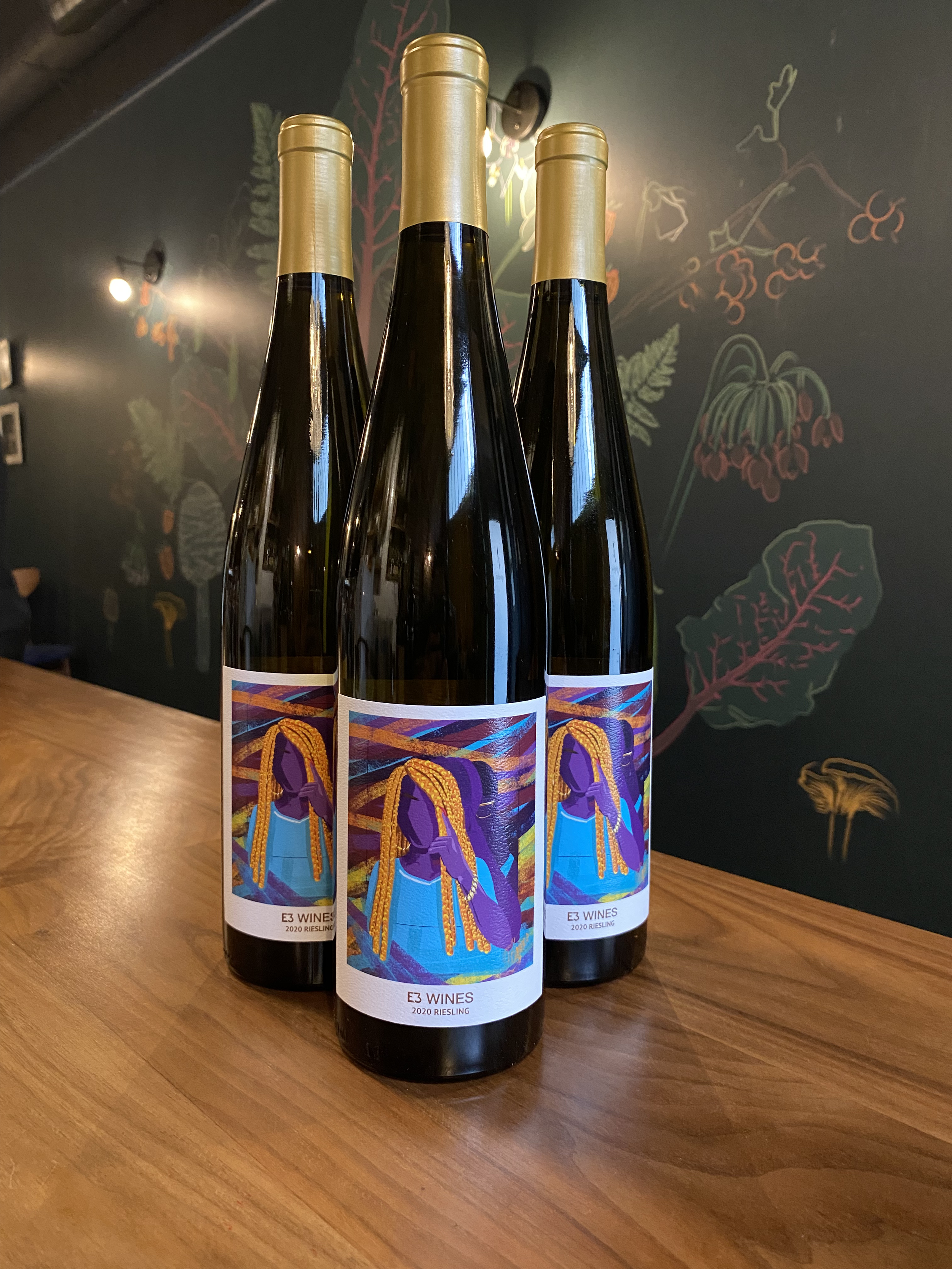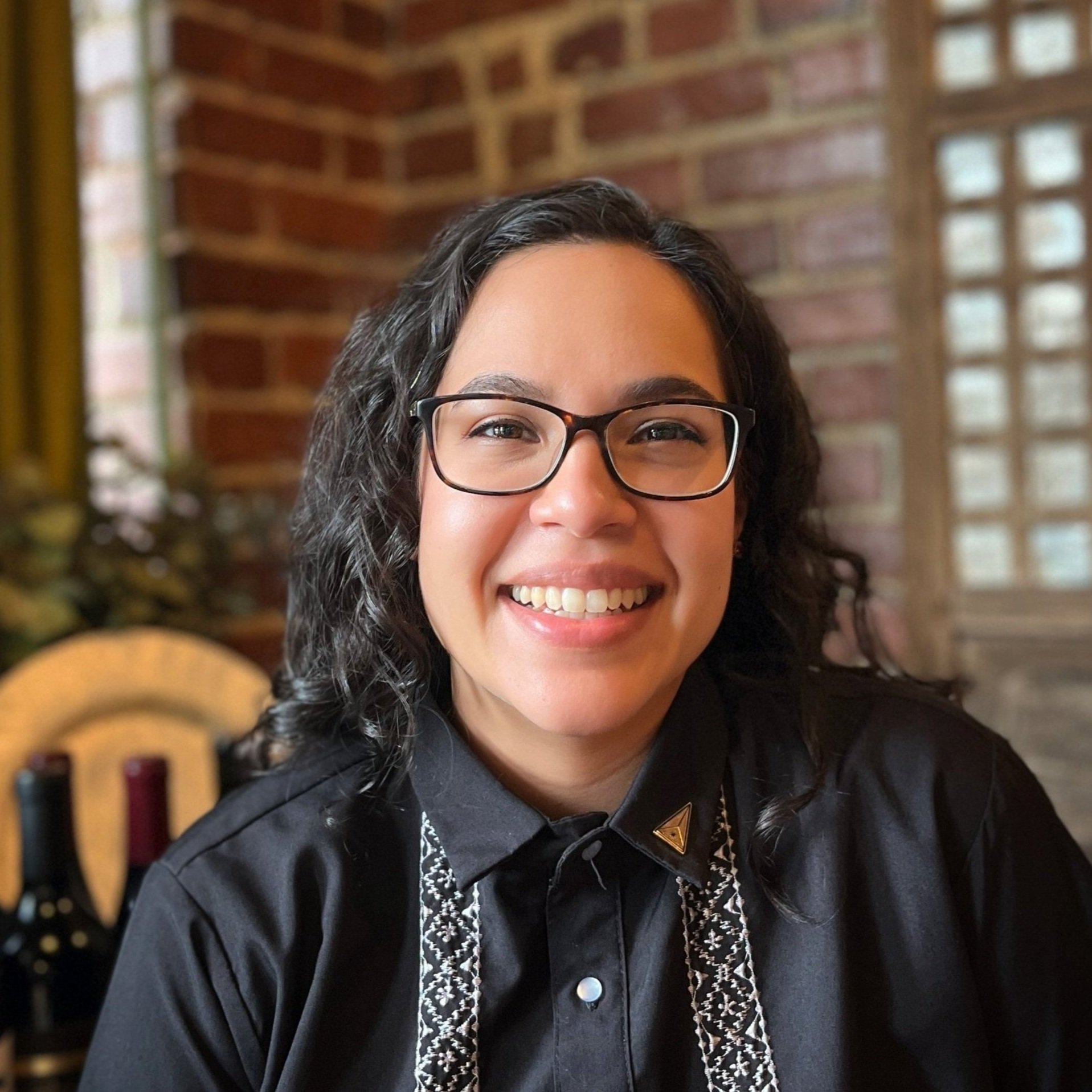What if you were forgotten?
Assemblage Symposium Takeaways: Learning to hear the voice of those underrepresented in the world of wine.
Heather Washington sharing with her team her takeaways from the symposium on a hike during our team retreat.
Hi, my name is Heather. I have the pleasure of serving as Archipelago’s front of house manager. Part of my role here includes buying wines for our beverage program. At the beginning of May I had the opportunity to attend the Assemblage Symposium in the Willamette Valley. It was a lovely two days to get away, connect, learn, and gain empowerment within the wine world. This blogpost is a reflection of the time spent in the valley and some of the takeaways from the conference.
Assemblage 2022
What is Assemblage?
Assemblage is a nonprofit based in Oregon that aims “at addressing disparities within the global wine industry and at altering the balance of power in favor of under-represented wine professionals including bipoc, lgbtqqia+, and those with disabilities.” They “offer and promote diversity, equity, & inclusion training for wine businesses and produce an annual two-day symposium in Oregon to foster diverse and inclusive workplaces that thrive and benefit all.” Check out their website for their full mission statement and speaker lineup from this year’s conference.
Every speaker and panel in the conference offered their own perspective and highlighted so many peoples work for diversity, equity and inclusion within the industry. It’d be impossible to summarize each topic covered but the following was written in response to the most resonating talks from those two days.
What if your work was forgotten?
The most impactful phrase I heard at the conference was from Gabriela Fontanesi’s talk on being “stewards of the narrative.” This phrase can encompass a lot but because so much of what we do at Archipelago is centered around storytelling, it reminded me of the great responsibility it is to share the story of the wine we pour every night. Not just the story of the vineyard, varietal, vintage or winemaker, all of which are important, but to find a way to weave the vineyard workers, or vineyard steward’s, forgotten story into that narrative as well. It can be difficult to speak of a person whose name may not be on the label or tech sheet but it is my intention to begin finding ways to include their work into the experience…I suppose writing this is a starting point. There is more work to be done…a lasting impression I felt at the end of this conference.
One organization taking up space in this area is AHIVOY, a nonprofit empowering vineyard stewards in with education and professional development.
What if your vocabulary was forgotten?
Imagine if the terms “tropical fruit” or “exotic fruit” encompassed all the flavors found in green mango, ripe papaya, jackfruit or lychee? We don’t have to imagine, right? In some settings this happens. In Alice Achayo and Miguel de Leon’s talk entitled ”Decolonizing Your Palate” they spoke on how language carries so much power and how the words we choose when speaking about wine matter. So much of “wine talk” is Eurocentric, but imagine how much richness can be added to an experience that includes and validates every person’s lived experience. I poured a guest a beautiful skin contact wine last week that had such amazing pink guava notes, every time I’ve tasted it I’m transported to a specific moment in my childhood at my aunt’s farm in the Philippines eating a ripe guava straight from a tree…these words, the vocabulary we choose when speaking about wine or the food we serve in our space have so much power to enrich and uplift our culture and experiences. I’m so thankful for the reminder Alice and Miguel left on that stage that language is power.
Alice Achayo and Miguel de Leon host a conversation entitled “Decolonize Your Palate“ at Assemblage
(Miguel’s Punch Magazine article It’s Time to Decolonize Wine recently won a James Beard Award, big congratulations to him!
There were so many more great topics covered in those two days, and so much inspiration gained from seeing the incredible amount of work people are doing in the PNW and across the country to create a more diverse and equitable wine industry and change for the better. My metaphoric cup was filled from my time there and it was a pleasure to return to Seattle and share my knowledge with my team.
I wanted to leave this post with 3 intentional responses I’m personally or collectively trying to implement after this conference. I’m sharing with the hopes that whoever reads this might be inspired to make their own practices more equitable and centering of forgotten narratives...not only with respect to wine but in any other arena.
3 WAYS WE ARE REMEMBERING FORGOTTEN VOICES
Continuing to empower our team to speak about all aspects of a wine’s story.
Listen and learn from underrepresented wine educators and leaders. If you want a place to start, check out Assemblage’s speaker lineup!
Purchasing wines produced by underrepresented people groups or that partner with organizations benefiting these communities.
At Assemblage I got the opportunity to connect with Washington winemaker Mari Rossi of E3 Wines. Mari shared her passion project with us, a wine whose proceeds benefit The Roots Fund, a nonprofit focused on securing a pathway for the BIPOC community in the wine industry. I’m so glad we connected and I can’t wait to share this wine’s story with our guests.
Much gratitude goes out to all the speakers for sharing their work in making this industry more equitable and taking up space to continue to make it more diverse. We’re proud to partner with and work towards a future that includes and uplifts all of us.
Cheers!
Heather
About the author
Heather Washington
FOH Manager from Manila & Vancouver, WA.
The daughter of farmers from Montana, born in the Philippines but spent most of her life here in the Pacific Northwest, in Vancouver WA. She has a deep appreciation and passion for all things from the soil, from memories of picking coffee and ripe cacao at her Tita’s farm in the Philippines, to her time in Montana, to her parent’s selling produce in Vancouver—as anyone who knows the struggle and work of growing anything, she naturally has a calm, patient, nurturing approach to life… but know, in growing anything, you gotta be real, and she’ll tell you what’s up.






